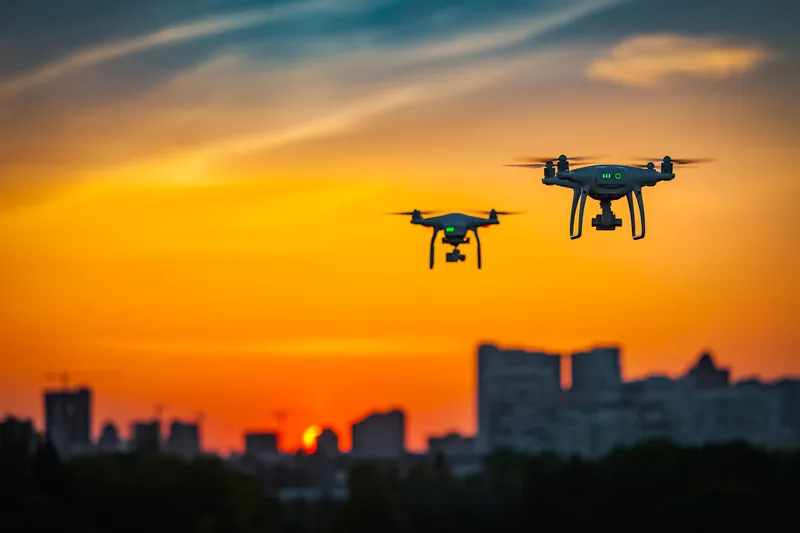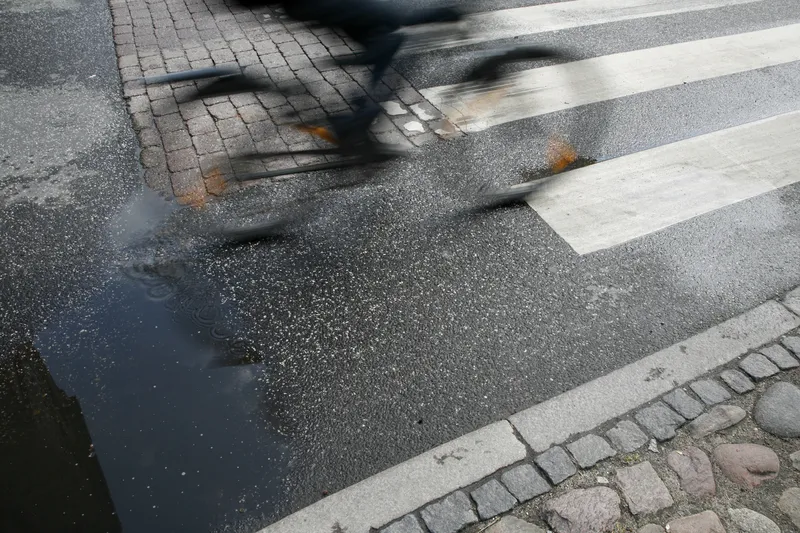Transport for London (TfL) has awarded Golden River Traffic a framework contract for the supply of wireless magnetometers for SCOOT deployment and associated services. With an initial contract duration of 12 months and potential to extend for up to a further four years, Golden River, a division of Clearview Traffic Group, will be supplying the M100 Wireless vehicle detection system which is a cost effective alternative to inductive loops and ideally suited to SCOOT and MOVA deployments.
July 31, 2012
Read time: 1 min
Since gaining full UK TR2512A type approval in 2009, the system has earned broad acceptance, with the company rolling out its 150th installation earlier in the year. It is claimed that the M100, which offers over 98 per cent accuracy for vehicle presence and speed, is the only wireless solution that is compatible with all major brands of traffic signal controllers.









